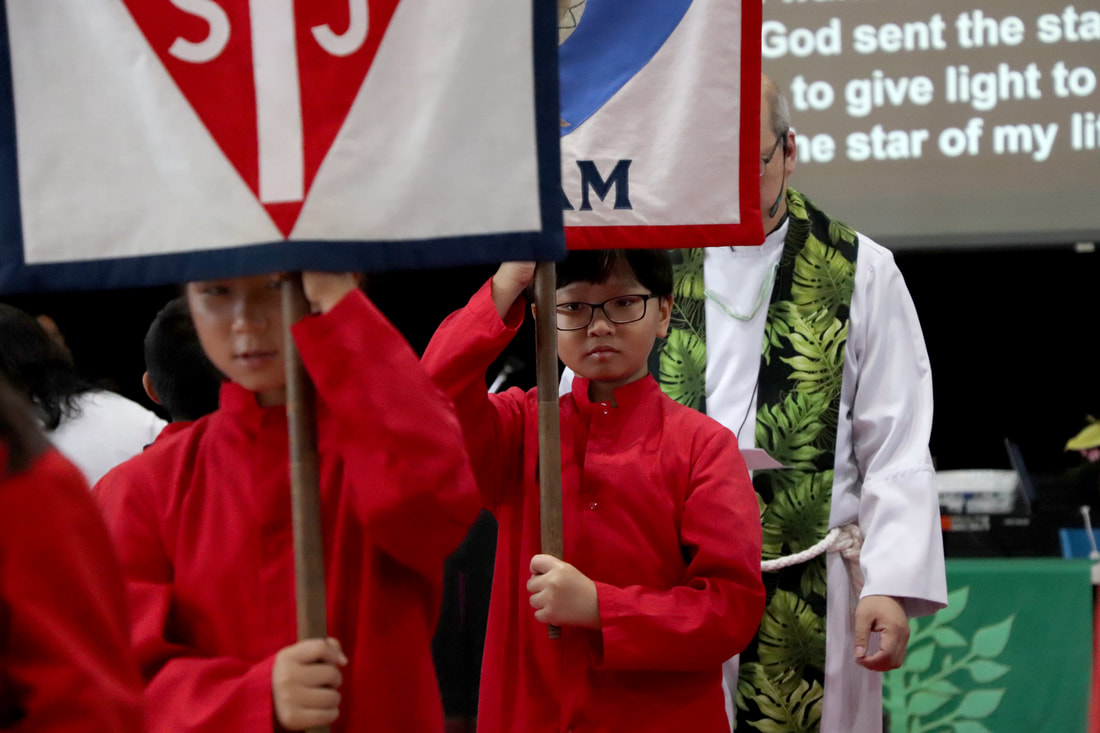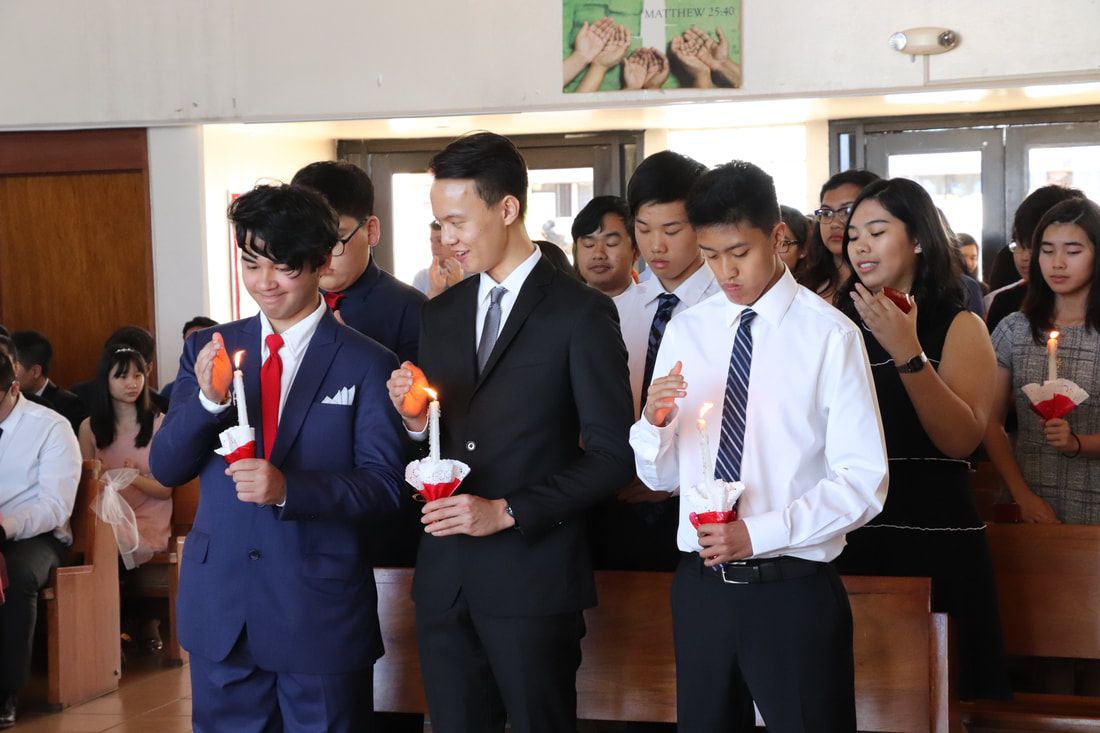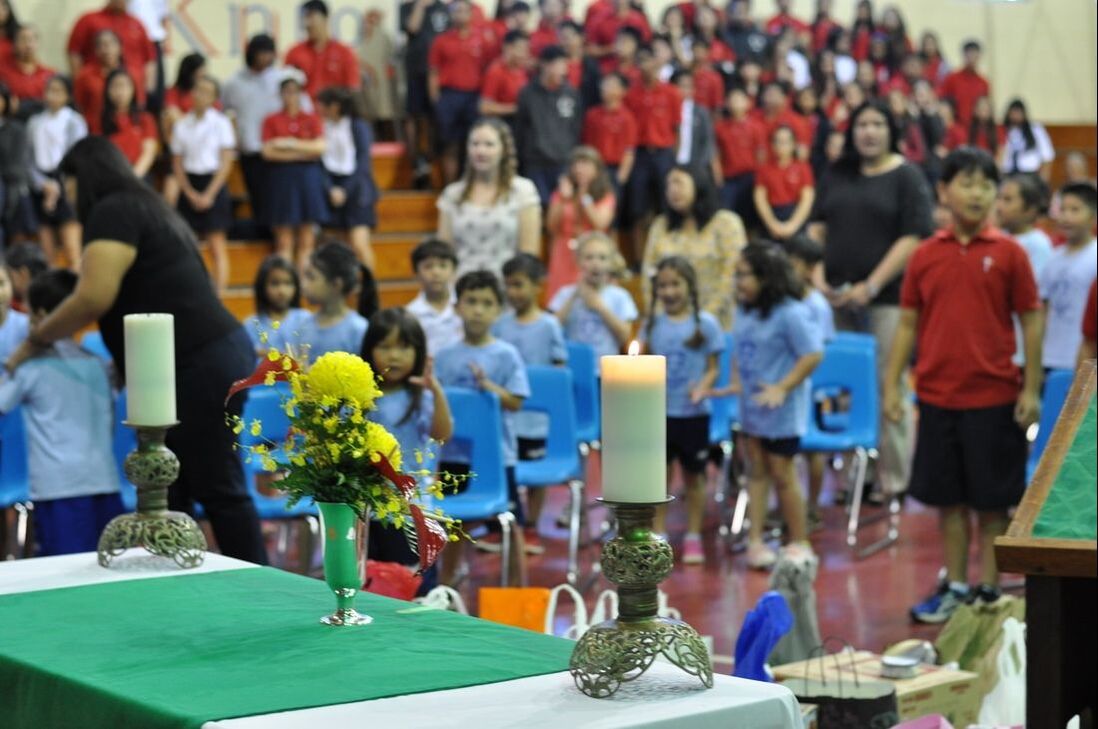Episcopal Traditions
|
St. John’s School is part of the family of over 1200 schools within the Episcopal Church. All Christian communities, even the most ecumenical and diverse of Episcopal schools, are upheld by the basic principles of the Baptismal Covenant. As expressed in The Book of Common Prayer, this Covenant maintains that individuals and institutions are called by God to adopt certain fundamental disciplines and dispositions in order to embrace fully their basic identities.
As embodiments of the Christian faith, Episcopal schools are created to be communities that honor, celebrate and worship God as the center of life. They are created to be models of God’s love and grace. They are created to serve God in Christ in all persons, regardless of origin, background, ability, or religion. They are created to “strive for justice and peace among all people and to respect the dignity of every human being.” These principles are the basis on which identity and vocation are to be defined in Episcopal schools.
St. John’s School was started in 1962 by a group of parishioners from St. John’s Church who wanted to provide a superior education based on Christian principles. With the addition of the Upper School, a college prep curriculum was introduced. In keeping with the covenant of the original founders of the school, we continue to teach religion to all of our students in Lower and Middle School. We also have weekly worship services for Lower School students and biweekly services for those students in the Middle and Upper Schools.
The tradition of most Episcopal Schools in the United States, is that we are not solely a community for Christians. We consider ourselves fortunate to be populated by a rich variety of human beings, from increasingly diverse religious, cultural, and economic backgrounds. We honor these differences as we learn from each other.
We invite all who attend and work at our schools—Episcopalians and non-Episcopalians, Christians and non-Christians, people of no faith tradition—both to seek clarity about their own beliefs and religions and to honor those traditions more fully and faithfully in their own lives. Above all, Episcopal schools exist not merely to educate, but to demonstrate and proclaim the unique worth and beauty of all human beings as creations of a loving, empowering God.
|
|






